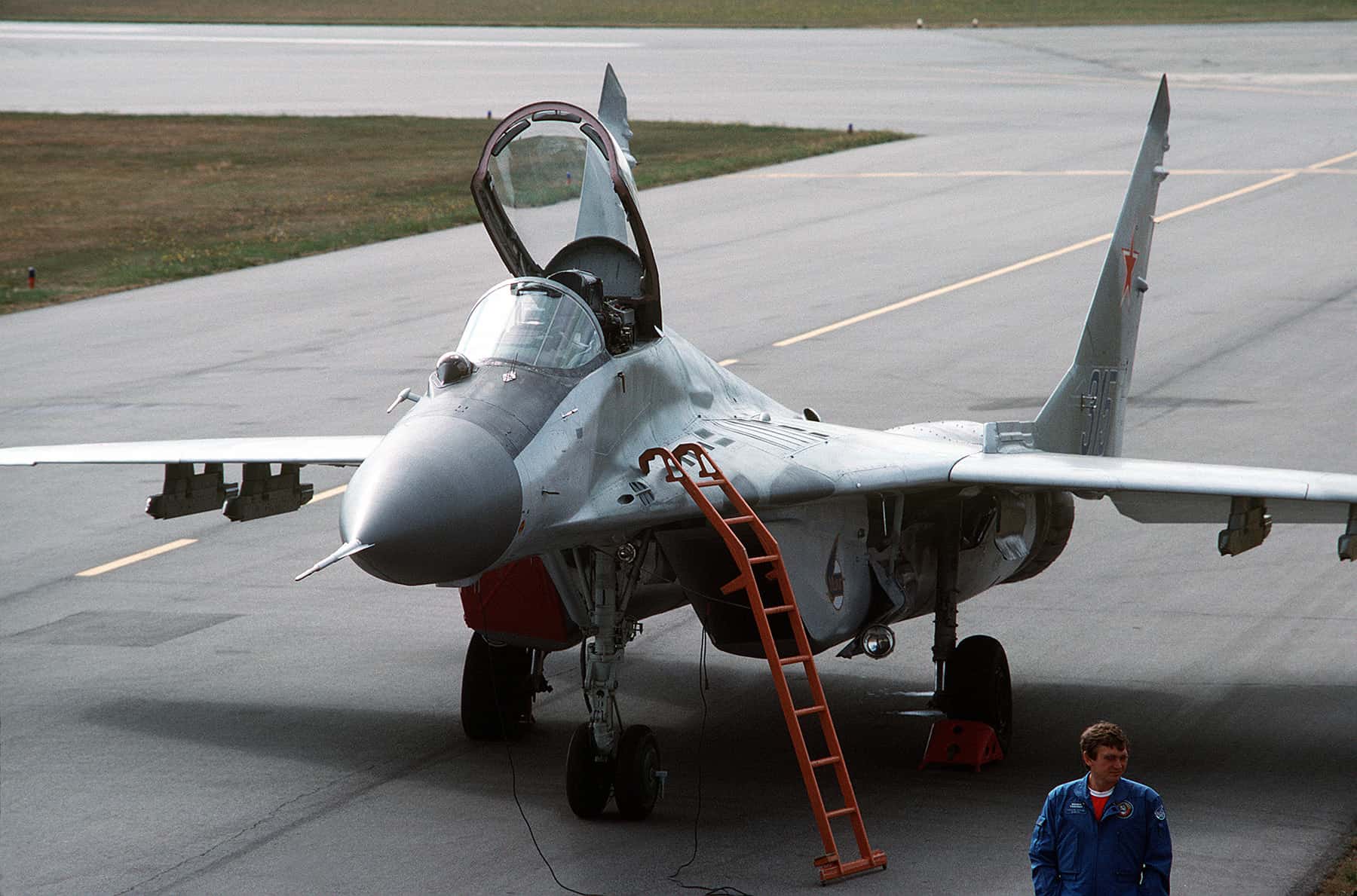Nicaragua’s recent confirmation that it intends to purchase Russian-made fighter planes is causing concern among its two immediate neighbors — Costa Rica to the south and Honduras to the north — amid fear of a potential military imbalance in Central America.
But Nicaragua’s military establishment has assured its jittery neighbors that the country poses no threat to anyone in Central America — or the rest of Latin America, for that matter.
Last August the Nicaraguan Army’s top official, Gen. Julio César Avilés, told reporters that the country’s military was in the process of buying airplanes, helicopters, and vessels to protect Nicaraguan sovereignty, “taking into account the evolution of threats and risks to our country.”
Army Inspector Gen. Adolfo Zepeda elaborated on those plans in February, saying that “in order to prevent…drug-traffickers’ airplanes from entering our air space” authorities were in the process of obtaining “interceptor fighters.”
Zepeda assured that “it’s completely defensive aviation, not attack planes.”
The Nicaraguan press has reported the planes as MiG-29s, but the government has not confirmed that publicly.
Costa Rica’s administration expressed concern in the aftermath of the statements.
During one of the Costa Rican government’s weekly press conferences in late February, Foreign Affairs Minister Manuel González reported that he and U.S. Secretary of State John Kerry had discussed the issue during their February meeting in Washington.
“The purchase of fighter planes announced by the government of Nicaragua is a source of concern for us and for many other countries in the region,” he said.
Asked about a possible Costa Rican response, González said the government was considering whether to bring the issue before the executive committee of the regional Central American Integration System (SICA).
“However, it must be considered with absolute clarity that what Nicaragua spends its money on is its sovereign decision,” González said.
“We have no way to prevent, condemn or block their purchase, or not, of $30 million airplanes.”
Still, González hinted that the country might have higher priorities, like poverty. He also said that, as a neighbor, Costa Rica has the right to express its concern over a potential “arms race that we consider unnecessary in a region that should actually seek disarmament, stability, and actually fight off common problems like poverty, drug trafficking, crime, and violence.”
Honduran security experts have also expressed concern over the announced purchase.
Edmundo Orellana, who served as foreign affairs minister and defense minister under former president Manuel Zelaya, told the Honduran daily La Prensa that “this is an extremely delicate issue” about which Honduran authorities “must at least voice official concern.”
He also said the issue should be brought before SICA, the Organization of American States and possibly even the U.N.
The Nicaragua-Russia military connection dates back to the first administration of the leftist Sandinista National Liberation Front, which ousted U.S.-backed dictator Anastasio Somoza in 1979. The Sandinista army was heavily equipped by the Soviet Union.
The Sandinistas, and former President Daniel Ortega, again came to power in 2007.
Ortega, who was reelected in 2011, has reestablished ties with Russia, while also maintaining good relations with the U.S. on issues like fighting drug trafficking.
In 2013, the U.S. donated nearly $6 million worth of speedboats and other drug-fighting equipment to the Nicaraguan Navy.






